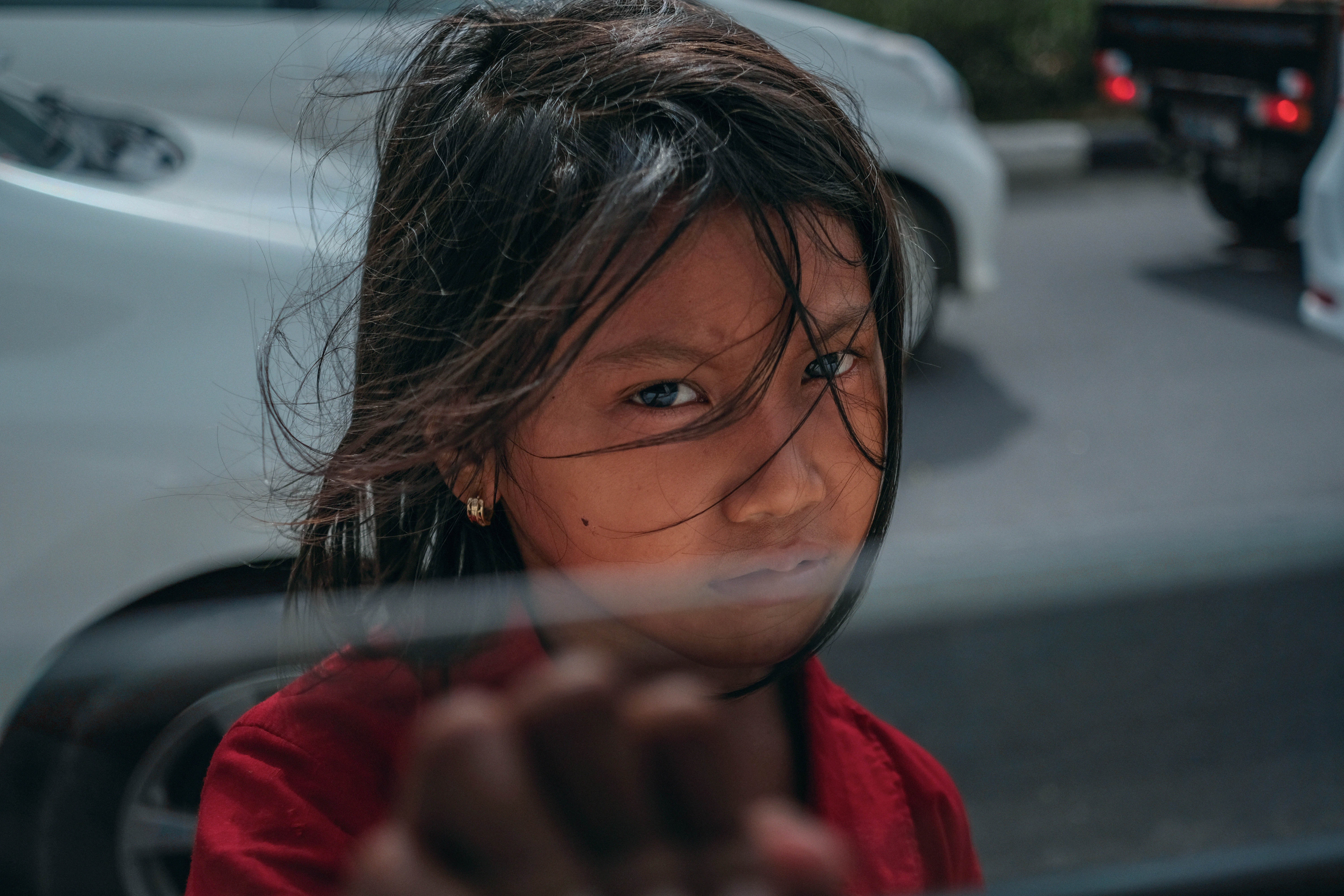Lupus Patients Who Experienced Childhood Adversity Report Worse Disease Activity and Overall Health, Study Says

Systemic lupus erythematosus patients who experienced childhood adversity, such as abuse, neglect, and household challenges, report worse overall health, depression, and higher disease activity, a new study shows.
The study, “Relationships Between Adverse Childhood Experiences and Health Status in Systemic Lupus Erythematosus,” was published in the journal Arthritis Care and Research.
Systemic lupus erythematosus (SLE) is a complex, chronic autoimmune disease thought to develop from a combination of genetic and environmental factors.
Stress has been implicated as a potential trigger for disease onset and flares. Therefore, a history of major stress, such as childhood abuse and neglect, is likely to impact outcomes in SLE. However, whether adverse childhood experiences (ACEs) — encompassing traumas such as abuse, neglect, and household challenges — play a significant role in SLE remains unknown.
Therefore, researchers set out to determine the prevalence of ACE among patients with known SLE compared with the general population, as well as to examine the relationship between ACEs and health status among SLE patients.
The researchers derived data from the California Lupus Epidemiology Study (CLUES), which contains data from a sample of adult SLE patients in California. Participants were asked to complete a 10-item ACE questionnaire that covered three domains: abuse, neglect, and household challenges.
Next, the researchers estimated the prevalence of ACEs in 269 CLUES participants compared with matched respondents in the general population.
Finally, they examined the association between ACEs and patient-reported/physician-assessed health status measures.
Though specific domains varied, overall ACE levels were found to be similar across both the CLUES respondents and the general population. The general population had a significantly higher proportion of respondents who experienced abuse (particularly emotional) and domestic violence at home compared with the CLUES respondents.
Interestingly, ACEs were more prevalent in patients that were older, women, Latino or African American, without college degrees, and those with lupus nephritis (inflammation of the kidneys caused by SLE).
Importantly, the researchers found that higher ACE levels and ACE domains were significantly associated with worse patient-reported SLE activity, prevalence of depression, and health status. However, they were not significantly associated with physician-assessed SLE activity, damage, or severity.
Overall, “greater presence of household challenges, neglect, and abuse were significantly associated with worse patient reported outcomes across all patient-reported measures except SLE damage,” the researchers concluded.
“Our results support the notion that stress in the form of ACEs may be a factor in poor health in systemic lupus, both in disease development and in more severe outcomes,” Kimberly DeQuattro, MD, a clinical fellow in rheumatology at UC San Francisco and the study’s lead author, said in a press release. “These findings are a call to action to focus efforts on ACE prevention in childhood, as well as clinical and mental health interventions that foster resilience in adulthood.”
“This work in lupus patients supports more broadly the body of studies on adversity and trauma in childhood that have found a link between ACEs and health,” she added. “Our next steps are to look at other types of stress and trauma, how the body responds, and how they relate to lupus outcomes.”






